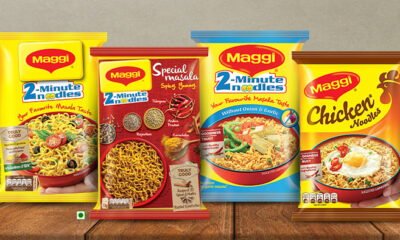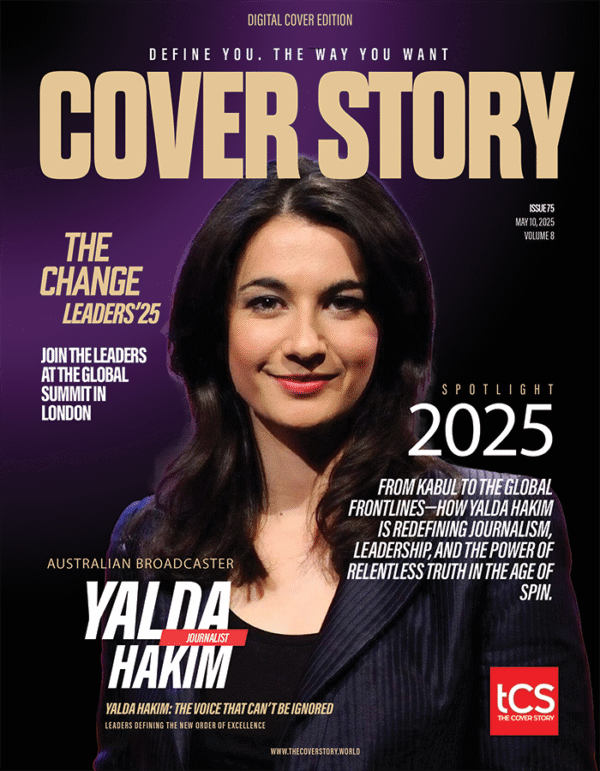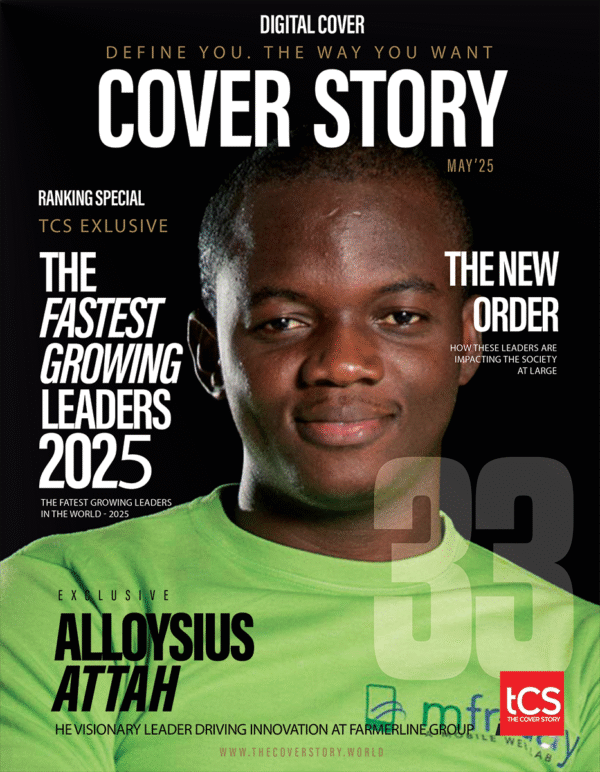Middle East
stc groups Marks a Historic High in the Network’s History on Arafat Day with 5G traffic data increased by more than 98%

stc group, a leading digital enabler, recorded the highest traffic in the network’s history during the 1446 Hajj season on Arafat day. Data shows that traffic during peak hours exceeded last year’s numbers by 40% and 5G traffic increased by more than 98%. According to 5G traffic indicators that stc group monitors, Arafat traffic saw a 64% improvement compared to the previous year’s 5G traffic, while speeds increased by 23%.
This exceptional network performance reflects stc group’s network preparations ahead of Hajj to accommodate for the increase in traffic in Makkah during Hajj. The network capabilities provided by stc group reflect the Kingdom’s leadership and commitment to providing world-class digital services.
As part of stc’s role during the annual pilgrimage season, stc made significant investments in digital infrastructure to enhance the 5G network capabilities. This includes the activations of VoLTE technology, ensuring quality voice and audio communications, ensuring pilgrims can perform their pilgrimage rituals safely and smoothly. The expansive stc coverage is supported by more than 80 mobile communication vehicles (COWs) across the holy city, which aids in providing more than 1,000 Wi-Fi access points.
This success is the result of stc’s adoption of self-optimizing network technology, which allows telecommunications networks to automatically detect any network errors, analyze the cause, and fix any gaps in real time. These innovations use artificial intelligence and the latest data analytics tools to redistribute network capabilities and adjust coverage as needed to ensure the continuity of connectivity across the Hajj season. This data comes from more than 350 sites where smart algorithms are enhancing operational plans and network capabilities automatically.
stc’s investment in the Hajj season goes beyond network connectivity; stc also has provided interactive hologram displays in several languages as well as crowd and emergency management devices through the stc Tetra network, which was activated across 144 locations in the Holy City through the deployment of 78 mobile communication vehicles.
The group’s offerings are supported by several stc group subsidiaries, including:
· Specialized by stc, which offered Manasek and Meeqat packages to support secure and instant communication services for operating entities; and
· solutions by stc, which is providing a complete package of smart solutions, including networking, device management, and AI-enabled surveillance systems.
These achievements exemplify stc’s ongoing commitment to providing world-class telecommunications services and strengthening the Kingdom’s position as a global digital leader, especially in reliably facilitating the increased network demands on Hajj season every year.
Deep Dive Story
The Cover Story Analysis: Middle East Tensions, Indian Consequences

Cover Story | As oil prices surge and global trade routes teeter, India may be facing its most dangerous economic test in a decade. Can a rising power remain stable in a destabilized world?
By Cover Story World Magazine | Deep Dive Story
It didn’t begin in New Delhi. But it might end there.
The recent flare-up between Israel and Iran, though thousands of kilometers from India’s borders, has thrown a spotlight on just how vulnerable the Indian economy is to forces it cannot control. In a world of global dependencies, India’s rise to economic power may now hinge on a war it didn’t start—and can’t stop.
Oil: The Achilles’ Heel of India’s Growth Story?
One dramatic spike in oil prices. That’s all it took to rattle India’s financial foundation. As crude shot up, so did the cost of doing business. Fuel prices rose. The rupee slipped. Markets dipped. Suddenly, the strong and steady India narrative looked… fragile.
India imports the majority of its oil. In normal times, this is a manageable liability. In wartime volatility? It becomes a high-stakes gamble. Can India afford another energy shock while still trying to control inflation and woo global capital?
The Rupee, Rising Costs, and the Invisible Tax on the Poor
Currency devaluation may sound like an investor concern, but for India, it hits deeper. Every fall in the rupee makes imported essentials—like fuel, fertilizer, and food—more expensive. That cost filters down, slowly but surely, into the wallets of ordinary citizens.
If fuel subsidies return, government spending may balloon. If they don’t, millions could feel the pinch in transport, agriculture, and daily essentials. This is not just an economic decision. It’s a political one. And the timing couldn’t be more delicate.
Freight Disruptions: Are India’s Supply Chains Prepared?
Beyond oil, the conflict has thrown global shipping into disarray. If maritime routes through the Middle East are choked, India’s exporters face spiraling freight charges, shipping delays, and logistical chaos. For a country building its identity on “Make in India” and export-led growth, this isn’t a short-term inconvenience—it’s a strategic bottleneck.
Will global buyers look elsewhere if Indian supply chains become less reliable?
Capital Flight and Market Jitters: Can Confidence Hold?
Markets thrive on certainty. Right now, there’s very little of it.
Investors are pulling money from emerging markets, and India, despite its promising fundamentals, is caught in the tide. As capital flows out, bond yields rise and equity valuations dip. If this becomes a trend—not a tremor—it could stall investment in infrastructure, innovation, and startups alike.
How long before global funds begin to see India not as a safe bet, but as exposed collateral in a global conflict?
Strategic Oil Reserves, Energy Diversification… or Just Hope?
India has made strides in energy diplomacy—signing long-term contracts, tapping into renewable projects, and maintaining strategic petroleum reserves. But in a sustained crisis, those reserves won’t last. And renewables, while promising, can’t yet fill the tankers.
Is India’s energy security still too dependent on a fragile Middle East—and if so, why hasn’t that changed fast enough?
Geopolitical Risk in an Election Year: Will Policy Prioritize Optics or Strategy?
With a national election looming, economic decisions are about to get political—if they aren’t already. Subsidies, rate decisions, trade responses—all will be filtered through the lens of voter sentiment. That raises an uncomfortable question:
In the months ahead, will India act like an economic heavyweight or a cautious campaigner?
🔍 Final Thought: The War India Didn’t Choose May Define Its Next Decade
The Israel-Iran conflict is not India’s war. But its outcomes could reshape India’s economy. What happens next—whether in oil markets, freight corridors, capital flows, or policy choices—will determine more than GDP numbers.
It will determine whether India can rise above global disorder, or be swept under by the very instability it hoped to avoid.
Can India afford to stay neutral, when its economy is already in the crossfire?
Business Story
QNB sets new benchmarks in Trade, Cash Management, and Customer Experience

QNB Group has been recognized with prestigious accolades from The Digital Banker as part of its 2025 Middle East and Africa Innovation Awards and CX Awards, including: Best Bank for Trade Finance – Qatar, Best Bank for Cash Management – Qatar and Excellence in Omni-Channel Customer Experience.
The Bank was awarded Best Bank for Trade Finance in Qatar for leveraging digital platforms to streamline trade processes, improve operational efficiency, and deliver comprehensive trade finance solutions. In 2024, QNB facilitated trade solutions exceeding QR 212 billion—an increase of 12.7% compared to the previous year.
QNB was also named Best Bank for Cash Management in Qatar, highlighting its efforts in transforming international payments, expanding currency coverage from 30 to 130 markets, and improving transparency, speed, and efficiency.
Additionally, QNB received the Excellence in Omni-Channel Customer Experience award for its commitment to delivering consistent, integrated customer journeys across its physical and digital channels, further strengthening its position as a customer centric bank.
Commenting on the achievements, Mr. Khalid Ahmed Al-Sada, Senior Executive Vice President – QNB Group Corporate and Institutional Banking, said: “We are proud to be recognized for our innovation and commitment to excellence. These awards reflect the hard work and dedication of our teams across all business units, and our ongoing investment in digital transformation to better serve our clients.”
“These awards reflect QNB’s leadership in digital innovation, operational excellence, and its continued commitment to providing seamless, customer focused banking solutions across the region”, he added.
QNB Group is one of the leading financial institutions in the MEA region and among the most valuable banking brands in the regional market. Present in over 28 countries across Asia, Europe, and Africa, it offers tailored products and services supported by innovation and backed by a team of over 31,000 professionals dedicated to driving banking excellence worldwide.
Middle East
Stc group Achieves Record-High Network Performance During Eid al-Adha Peak

- Data traffic in Muzdalifah rose by over 64%, with 5G usage up 129% year-on-year
- AI-powered network planning drove seamless connectivity during critical moments of Eid al-Adha
stc group, Saudi Arabia’s leading digital enabler, delivered optimal network performance on Eid al-Adha’s first day. As millions of pilgrims traveled from Muzdalifah to Mina, stc’s smart infrastructure seamlessly managed the surge, proving the network’s strength and reliability under peak demand.
In Muzdalifah, stc group registered its highest traffic hour on record, with data volumes up by more than 64% and 5G usage increasing over 129% compared to the same hour, last year. These results were supported by real-time monitoring and automated network adjustments, while improving the overall user experience index by 25%.
Mina also reported exceptional growth, with peak hours exceeding last year’s figures by more than 30%, supported by Artificial Intelligence (AI)-powered forecasting and system optimization. Meanwhile, in Makkah’s Grand Mosque, stc group’s infrastructure sustained top-tier performance amid heavy crowd density during key Eid rituals.
Ahead of the season, stc group ramped up network capabilities—activating 259 5G sites, upgrading over 83 4G locations, and deploying 998 Wi-Fi access points across the holy sites. Backed by AI-powered systems, these enhancements sustained fast, stable, and uninterrupted connectivity throughout the pilgrimage—supporting growing demand and reinforcing the Kingdom’s digital infrastructure in line with Vision 2030.
-
News Shots7 months ago
Israeli Strike in Gaza City Kills at Least 11 People, Officials Say
-
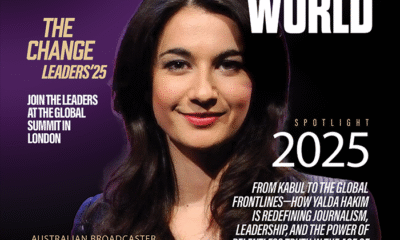
 Leaders Story9 months ago
Leaders Story9 months agoThe Cover Story World Best Leaders 2025, Yalda Hakim: The Voice That Can’t Be Ignored
-

 News Shots6 months ago
News Shots6 months agoEnvironmental Groups Face ‘Generational’ Setbacks Under Trump
-

 Business Story9 months ago
Business Story9 months agoThe AI Founders’ Dilemma: Building Startups in the Shadow of Big Tech
-
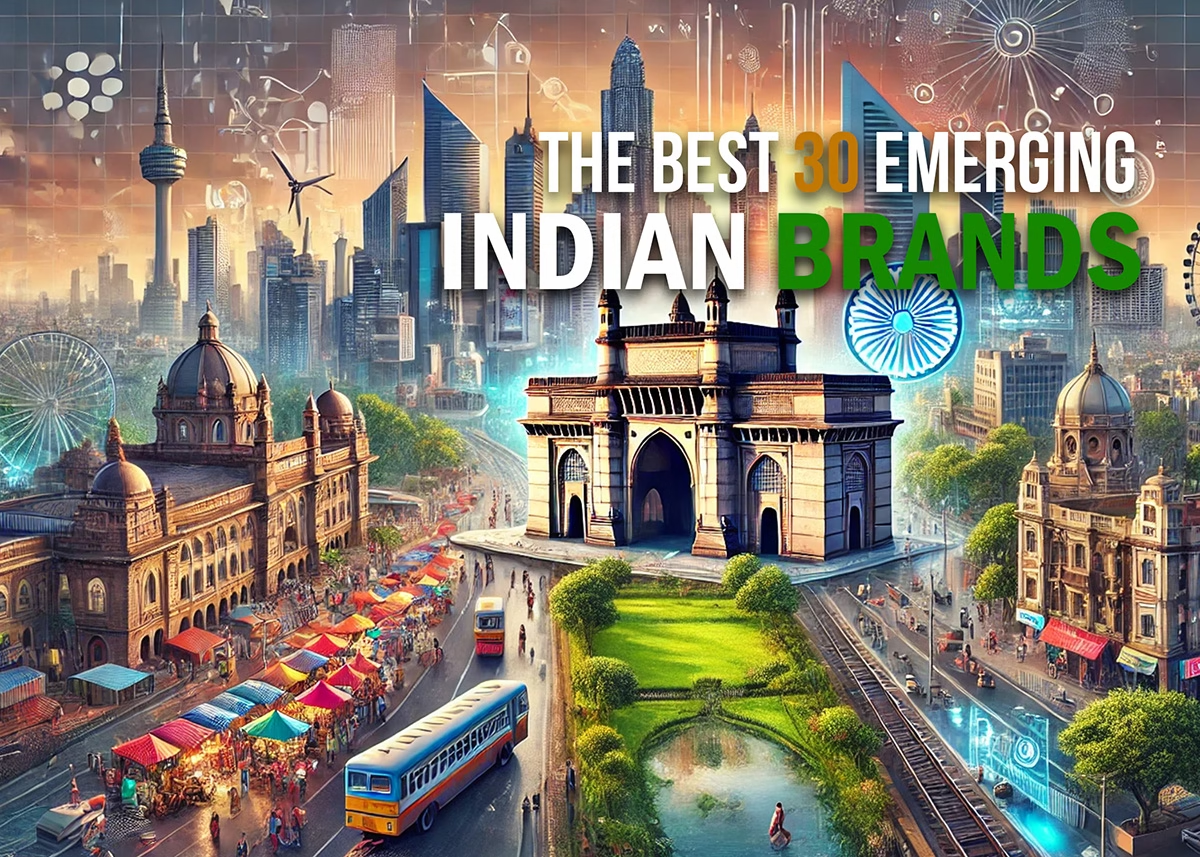
 Brand Story2 years ago
Brand Story2 years agoThe Best 30 Emerging Indian Brands: Innovators Shaping the Future
-

 Business Story9 months ago
Business Story9 months agoAmrit Acharya: Building the Infrastructure of a New World
-

 Business Story9 months ago
Business Story9 months agoAI Integration in Indian SMEs: Revolutionizing Traditional Business Models
-

 Business Story9 months ago
Business Story9 months agoRemote Work Evolution: How Indian Corporates Are Redefining Workspaces












